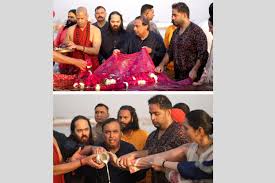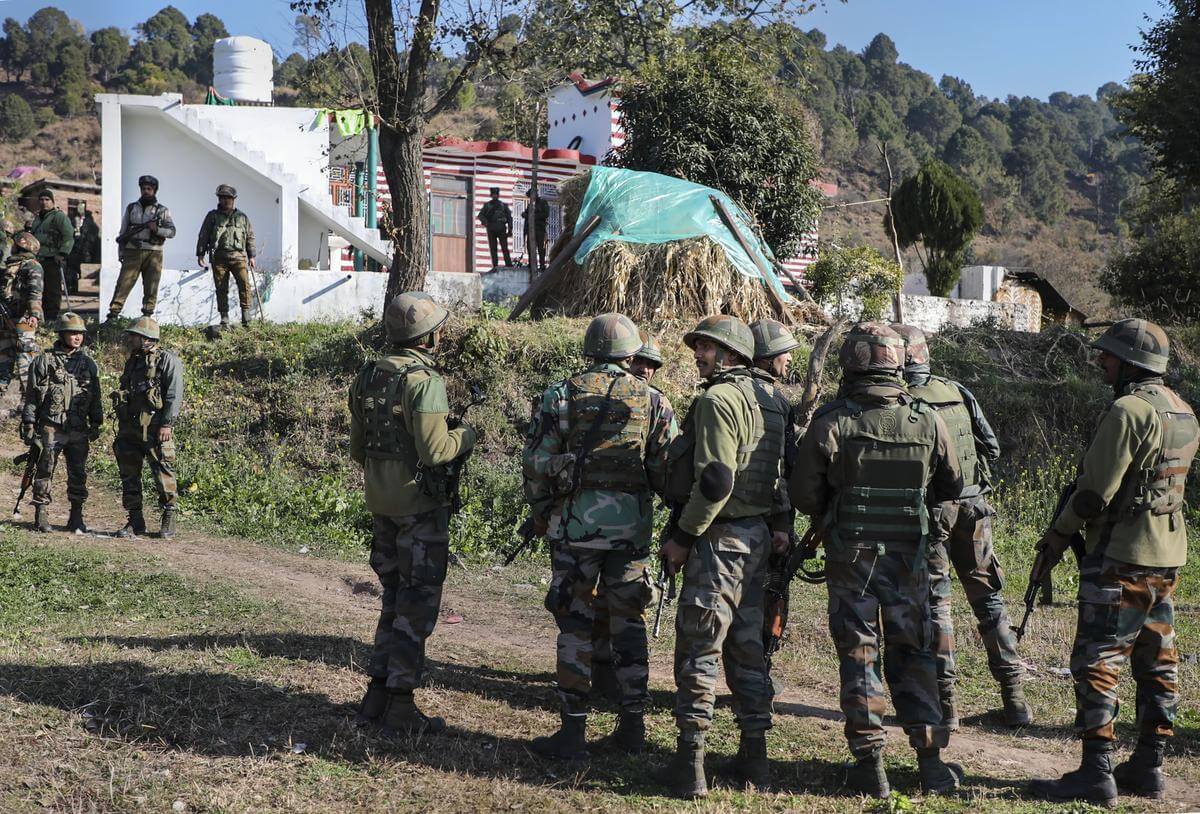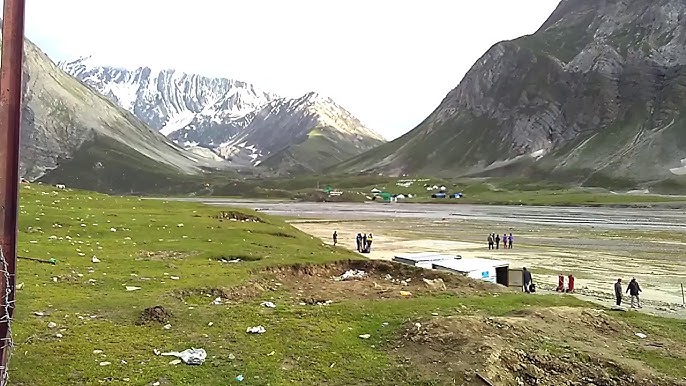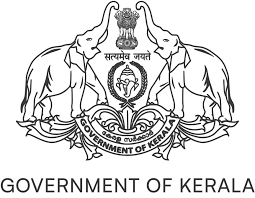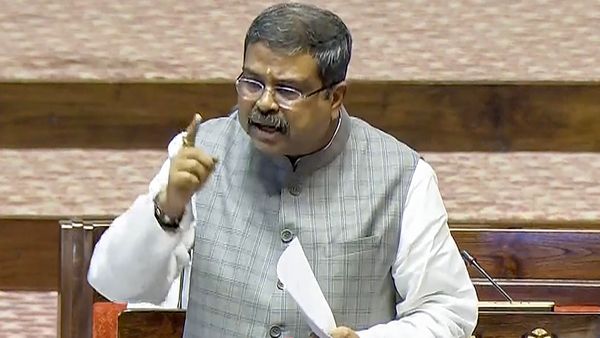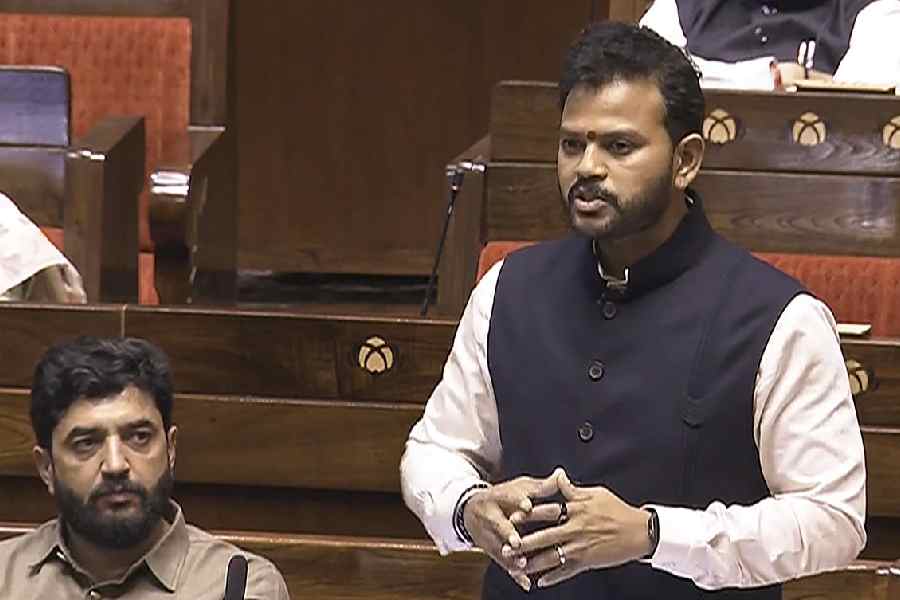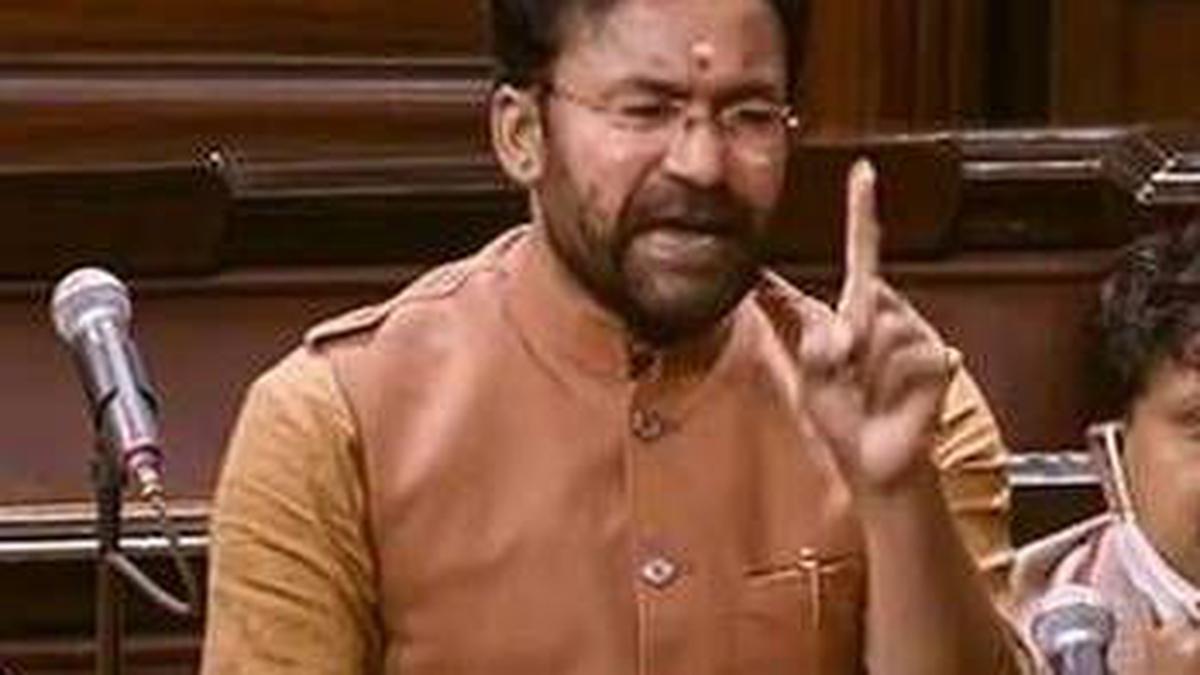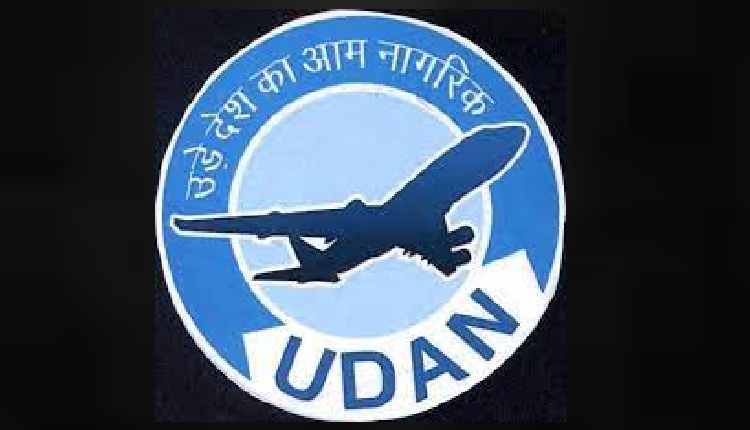Telangana rejects HC's 3-judge panel to end RTC strike
Thu 14 Nov 2019, 10:40:15
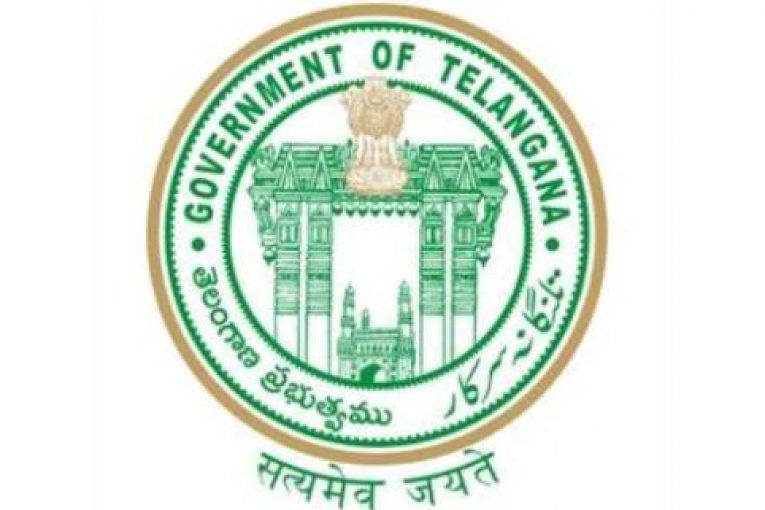
The Telangana government on Wednesday expressed its unwillingness to accept the High Court’s proposal for a high-powered committee, comprising three retired judges of the Supreme Court, to examine the issues leading to the TSRTC employees’ strike.
Chief Secretary Shailendra Kumar Joshi furnished an affidavit stating the government had seriously and sincerely examined the High Court’s order. However, he expressed the state’s inability to accede.
On Tuesday, the division bench comprising Chief Justice Raghavendra Singh Chauhan and Justice A. Abhishek Reddy had offered to constitute the committee to sort out the issue and asked advocate-general B.S. Prasad to respond.
The chief secretary’s affidavit said: “There is no provision of the Industrial Disputes Act, 1947, (for) a high-powered committee of former judges … or any other dignitaries to reconcile the parties or to refer to adjudicate an industrial dispute.”
The CS also prayed that the matter be referred to the labour commissioner, who was seized of the matter but keeping it in abeyance due to the pendency of PILs on the RTC strike.
The Advocate-General (AG) submitted that courts cannot dole out cases as per their choices and that the labour court is the competent authority to adjudicate. Further, he brought to the notice of the bench the Supreme Court finding fault in High Courts appointing committees, particularly in the Group-2 exams matter.
Additional AG J. Ramachandra Rao representing the RTC submitted that the strike was illegal and the High Court had powers to declare it so. The AAG said the strike violated
Sections 22 and 24 of the Industrial Dispute Act, which says no employee shall go on strike within six weeks of notice period, and after the conclusion of the conciliation process, employees must wait seven days to go on strike.
Sections 22 and 24 of the Industrial Dispute Act, which says no employee shall go on strike within six weeks of notice period, and after the conclusion of the conciliation process, employees must wait seven days to go on strike.
Differing with the government’s affidavit and the AG’s arguments, Rapolu Bhasker, arguing for one of the petitioners, quoted Supreme Court judgments in support of the High Court’s right to constitute such a committee.
He said 27 workers have committed suicide during the strike and urged the court to instruct the government to take necessary steps so that the agitation is called off.
Reacting to the AG’s contention that the state has power to invoke the ESMA Act against the striking employees, as it was established under section 3 of the RTC Act and nothing but bifurcated from the APSRTC, the Bench recalled the Central government’s submission that TSRTC has no legal sanctity as it was not approved by it under section 47(a) of the RTC Act.
However, the AG differed with the Union government and said that section 47(a) had nothing to do with TSRTC. Telangana state was formed under the AP Re-organisation Act by Parliament’s approval under Article 3. Further, the Acts made under Article 3 cannot be questioned.
The PILs were adjourned to Monday as D. Prakash Reddy, senior counsel representing the trade unions sought time for his arguments. The Bench agreed with AG’s request to hear the PIL challenging the Cabinet decision for the privatisation of 5,100 bus routes. That case will be heard on Thursday.
No Comments For This Post, Be first to write a Comment.
Most viewed from Hyderabad
Most viewed from World
AIMIM News
Delhi Assembly polls: Owaisi leads Padyatra in Okhla
Feb 01, 2025
We reject this Waqf Amendment Bill: Asaduddin Owaisi
Jan 30, 2025
Latest Urdu News
Most Viewed
May 26, 2020
Which team will win the ICC Men's Champions Trophy 2025 held in Pakistan/Dubai?
Latest Videos View All
Like Us
Home
About Us
Advertise With Us
All Polls
Epaper Archives
Privacy Policy
Contact Us
Download Etemaad App
© 2025 Etemaad Daily News, All Rights Reserved.

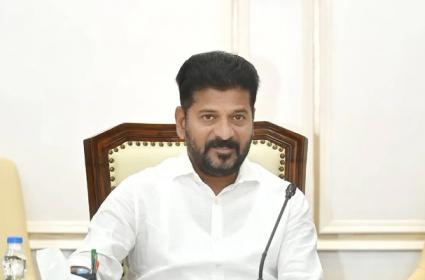

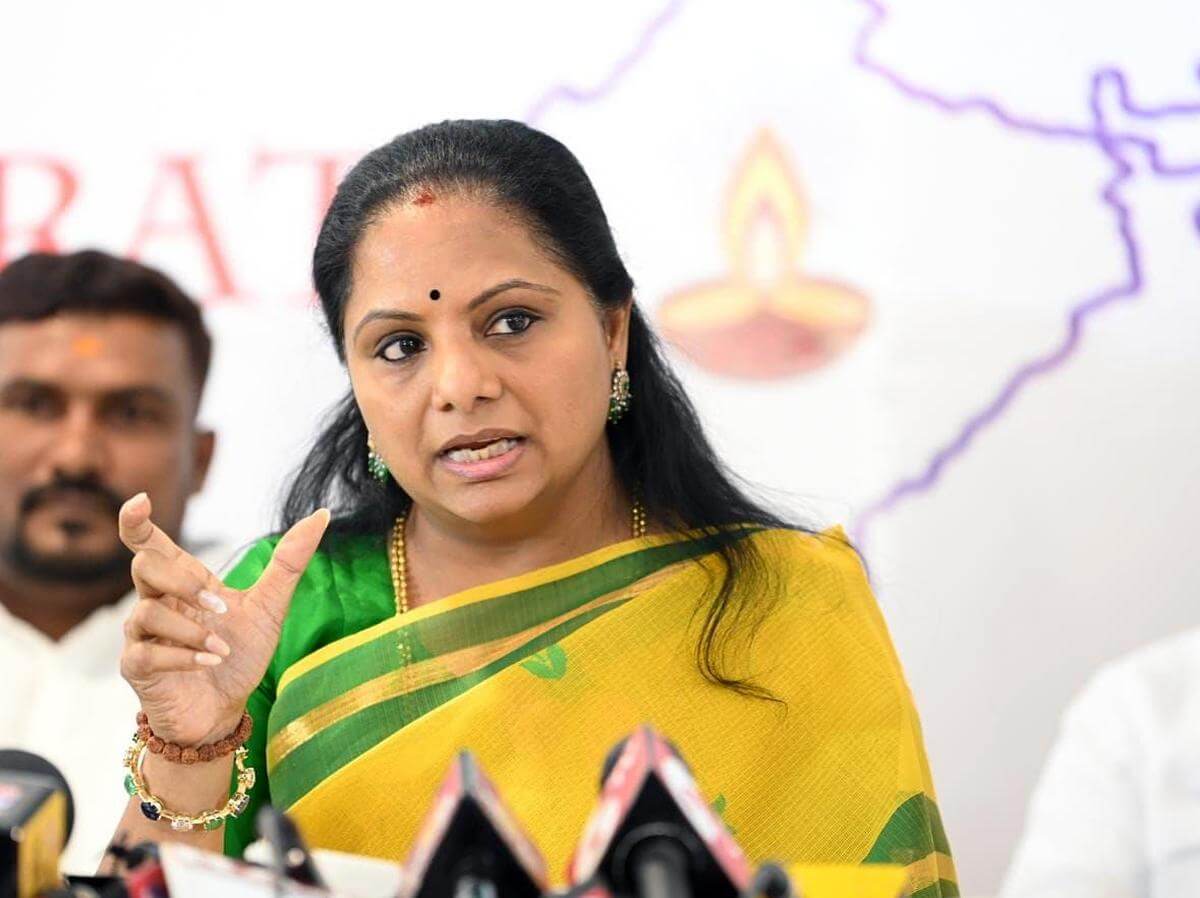
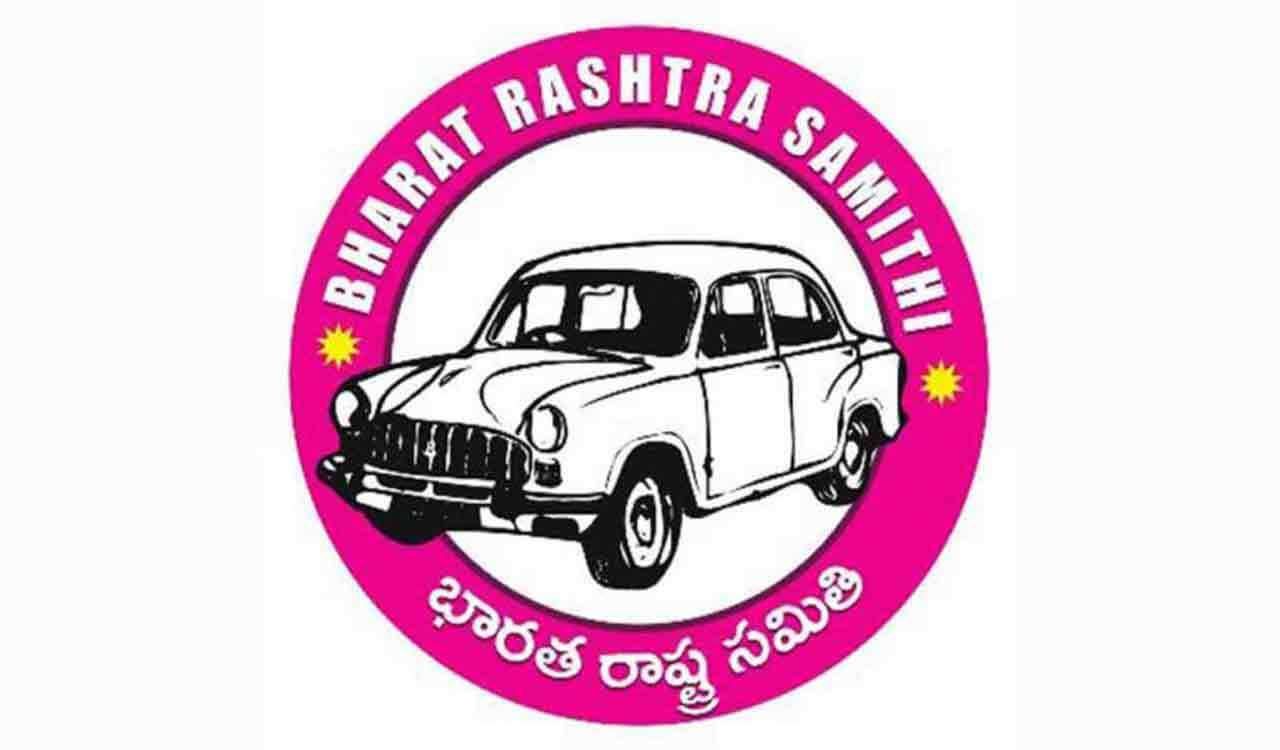


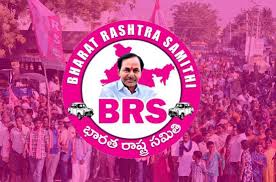

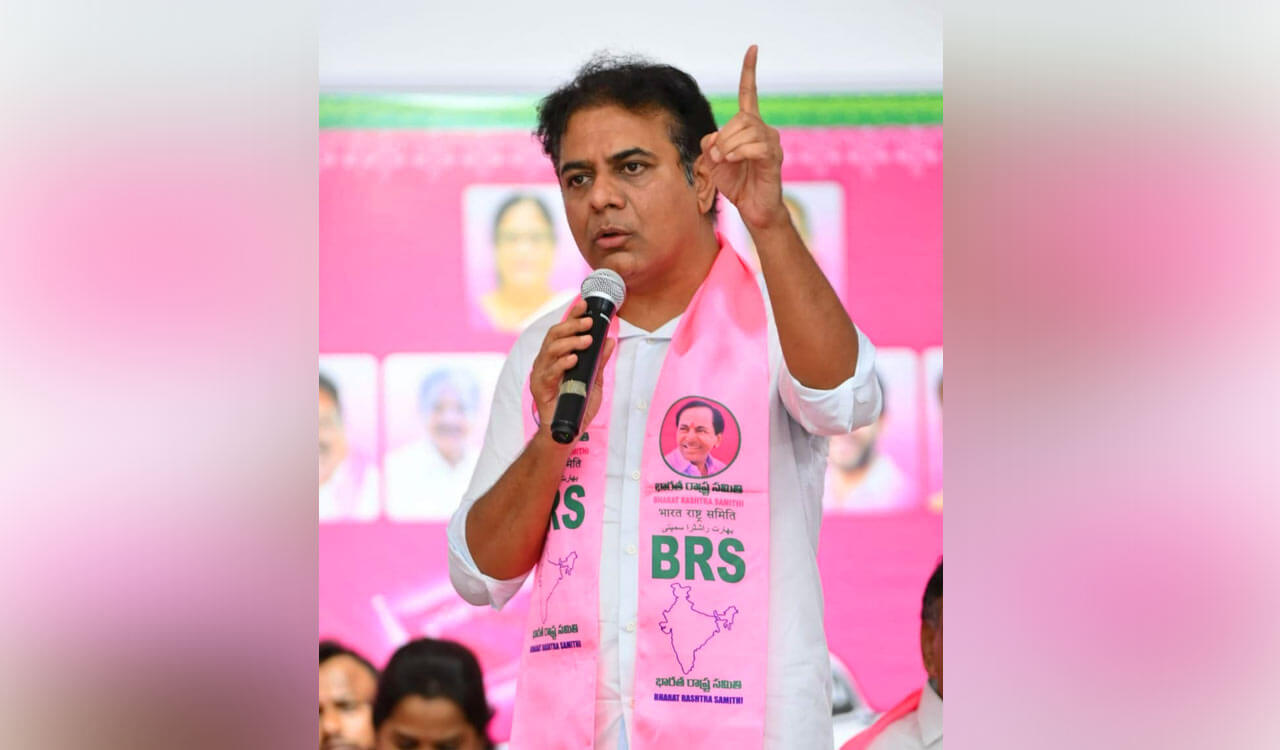

.jpg)
.jpg)

